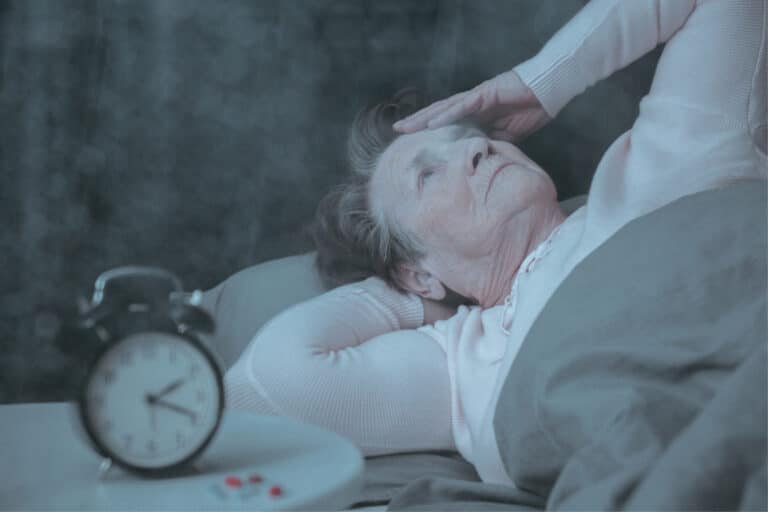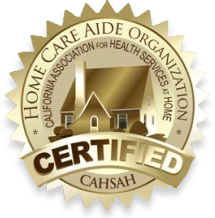Julie’s elderly mother, Donna, had been complaining that her legs often felt strange in the evening. She couldn’t quite describe the feeling, saying it was somewhere between tingly and crawly. It made her want to move her legs, and that would make the feeling go away—at least until she stopped moving again. When Julie took her mother to the doctor, the doctor diagnosed Donna with restless leg syndrome (RLS).
RLS is a kind of nervous system disorder that causes unpleasant feelings in the legs and an uncontrollable need to move them. According to the Sleep Foundation, 10 percent of adults in the United States suffer from RLS. If your elderly parent has been diagnosed with RLS, knowing more about it can allow you to help them better.
What Causes RLS?
Most of the time, doctors cannot determine the cause of RLS. There is some evidence that certain cases of RLS are hereditary. This is more often the case when RLS begins before the age of 40.
Another possible explanation for RLS that is supported by some studies is that it is caused by a problem in part of the brain that controls movement, called the basal ganglia. This part of the brain uses a chemical called dopamine, which is used to move muscles smoothly and with purpose. When the pathways in that part of the brain are disrupted, it can cause involuntary movements.
There are also some conditions that can be an underlying cause for RLS, such as:
End-stage kidney disease.
Lack of iron.
Using stimulants, like caffeine or nicotine.
Nerve damage.
Taking certain medications, such as antidepressants and even some cold medicines.
How Can RLS Be Managed?
In addition to seeing a doctor for medical treatment, there are many ways to relieve the symptoms of RLS at home, such as:
Taking a warm bath.
Gently massaging legs.
Using hot or cold packs.
Getting enough sleep.
Exercising.
Avoiding caffeine.
Quitting smoking.
Using a foot wrap designed to relieve RLS symptoms.
Home care can assist your parent to use some of the techniques listed above to manage their RLS symptoms at home. A home care provider can draw a warm bath and help your parent to get into it safely. Home care providers can also go for walks with them or drive them to an exercise class, which not only provides them with exercise, but also can help them to sleep better at night. Finally, a home care provider can also assist your parent with applying a foot wrap properly.
If you or an aging loved-one are considering hiring Home Care Services in Sunny Vale, CA, contact the friendly staff at Home Care Professionals today.
Call (866)-940-4855
Sources
https://www.webmd.com/brain/
https://www.mayoclinic.org/
https://www.ninds.nih.gov/Disorders/
https://www.sleepfoundation.org/
https://www.mayoclinic.org/
- How Can Seniors Eat Seasonally for Better Health? - May 1, 2025
- Liver Cancer Symptoms and Risk Factors - April 24, 2025
- Seven Indicators That Your Loved One Could Benefit from 24-Hour Home Care - April 18, 2025




